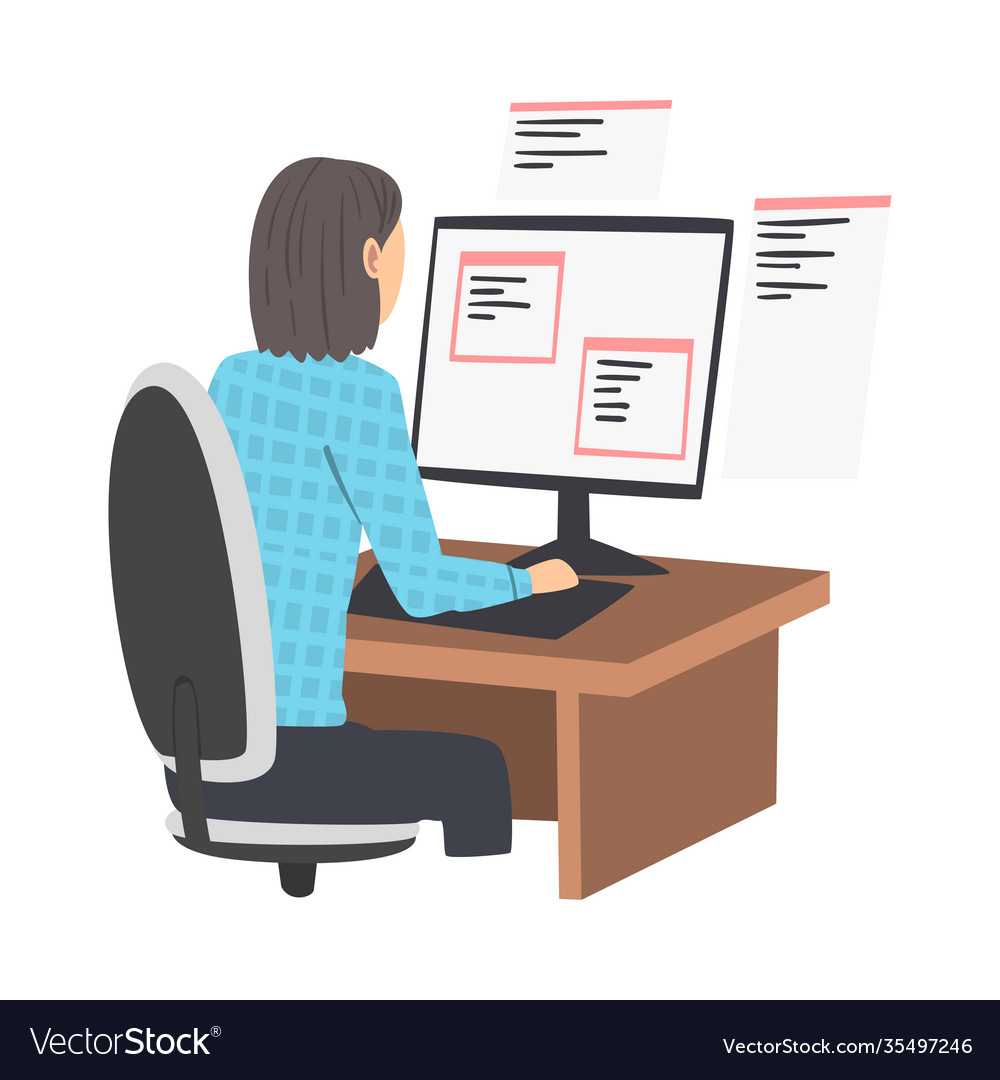Building Success with a Dedicated Development Team for Your Service Needs
Building Success with a Dedicated Development Team for Your Service Needs
Blog Article
Devoted Developers vs. In-House Teams: Which Is Right for You?
The decision in between utilizing specialized developers and preserving an internal team is a substantial one that can affect the trajectory of your tasks and total company strategy. Alternatively, internal teams contribute to a natural company culture and a nuanced understanding of lasting objectives.
Comprehending Devoted Developers
The growing need for specialized skills in the tech market has actually brought about the appearance of devoted programmers as a practical remedy for many organizations. These specialists are generally contracted on a project basis, enabling business to leverage particular experience without the lasting commitment connected with full-time hires. Devoted designers are usually embedded within a customer's team, offering adaptability and scalability to fulfill job requirements.
This design allows organizations to access an international skill pool, which is particularly helpful in a quickly evolving technological landscape. Devoted programmers can be sourced from various geographical locations, making sure that firms can locate the right ability set at competitive prices. They typically bring a wealth of experience and understanding, having actually dealt with varied projects throughout various markets.
Additionally, devoted developers can focus exclusively on the jobs available, boosting productivity and efficiency. They are furnished to incorporate seamlessly into existing workflows, collaborating very closely with in-house groups to achieve project goals. This technique not just lowers the worry of recruitment and training but also enables organizations to remain dexterous, adapting quickly to changing market demands and technical improvements.
Advantages of In-House Teams

Moreover, in-house teams have a tendency to have a deeper understanding of the business's goal, worths, and goals. This placement can boost employee interaction and motivation, as group participants really feel more attached to their job and the company's success. Additionally, having a committed in-house team permits better positioning of strategies and objectives, as these participants are regularly focused on the company's concerns.
In-house teams also assist in quicker decision-making processes, as they can react a lot more quickly to adjustments and difficulties. The recognized connections and experience with company protocols enable streamlined operations and decreased miscommunication. Eventually, the combination of a natural society, alignment with business objectives, and effective communication makes internal groups a valuable possession for lots of organizations, specifically those wanting to cultivate lasting growth and development.
Expense Factors To Consider
When assessing expense factors to consider, both specialized programmers and in-house groups existing unique financial implications for companies. Involving specialized developers usually includes a pay-per-project or per hour price design, which can be economical for companies with rising and fall project needs. This approach enables for flexibility in scaling sources up or down, ensuring that business only spend for the services they need.
On the other hand, in-house groups require repaired costs, consisting of wages, benefits, and overhead costs such as workplace and devices. While this version provides higher control and immediate accessibility of resources, it might result review in higher long-lasting expenditures, particularly if the work does not justify a full-time staff.
Moreover, firms need to think about the surprise costs connected with recruitment and training of internal staff members, which can better stress budgets. In many cases, the time and sources spent on taking care of an internal group can interfere with the organization's core organization objectives.

Task Management and Adaptability
Project monitoring and versatility are vital elements that influence the option in between dedicated designers and internal teams. Committed teams often have actually developed procedures for managing tasks effectively, leveraging particular approaches like Agile or Scrum, which assist in iterative progression and flexibility.

Ultimately, the option in between specialized developers and internal teams pivots on the preferred level of versatility and the specific job management requirements. Companies need to assess their functional dynamics, job intricacy, and resource accessibility to determine which choice straightens finest with their strategic objectives.
Making the Right Option
Picking the ideal development method-- internal groups or devoted programmers-- calls for a careful analysis of various elements that line up with a firm's calculated objectives. software engineering staffing. Take into consideration the nature of the task. If it requires specialized abilities or a quick scale-up, devoted designers might be preferable. Conversely, in-house groups can provide far better continuity and assimilation with existing employees.
Next, evaluate your budget plan. Dedicated developers often offer a cost-effective solution for short-term tasks, while in-house groups might incur greater lasting costs due to wages, benefits, and expenses costs. Analyze the level of control and partnership preferred; internal teams generally cultivate more powerful interaction and placement with business society.
Furthermore, consider the moment frame. If prompt results are necessary, specialized developers can be onboarded swiftly, whereas developing an internal team requires time for recruitment and training. Finally, evaluate the lasting vision of your company. Investing in an internal group may generate much better returns over time if continuous advancement is essential. Ultimately, the decision depends upon an extensive evaluation of these factors, ensuring positioning with your firm's overall purposes and functional demands.
Verdict
In final thought, the choice in between specialized developers and internal groups rests on task demands and Related Site business purposes. Committed designers offer flexibility and customized experience, making them suitable for temporary campaigns. On the other hand, internal teams cultivate a natural culture and deeper positioning with long-term objectives. Careful evaluation of budget restraints, task timelines, and desired control levels is important for determining one of the most proper approach, ensuring placement with critical concerns and operational performance.
The decision between making use of specialized programmers and maintaining an in-house group is a considerable one that can affect the trajectory of your projects and general organization method.Task management and flexibility are critical elements that affect the selection between in-house groups and committed programmers. nearshore software development.In contrast, in-house teams may stand out in maintaining a constant project monitoring structure due to their familiarity with the organization's society and lasting goals. Devoted programmers frequently provide an affordable option for short-term jobs, while internal groups might sustain higher long-term expenses due to salaries, advantages, and expenses expenses.In verdict, the choice in between in-house teams and committed developers pivots on task demands and business goals
Report this page